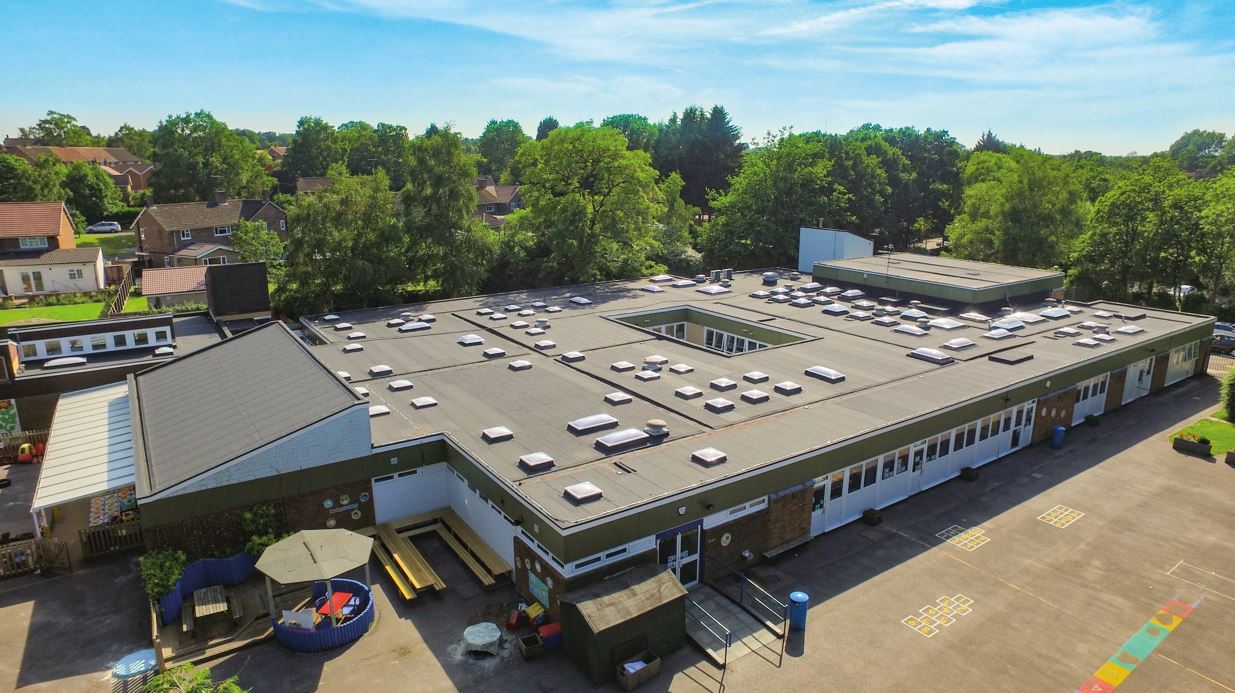
Applications for the initial stage of the DfE’s Condition Improvement Fund (CIF) don’t begin until the new school term in September but Sunny Lotay, national commercial manager at PermaRoof UK, says it’s never too early to prepare for your submission and explains how suppliers can assist local authorities with the bidding process
CIF funding improves the facilities of schools, academies and colleges – so applying for the capital grant is essential for the development, maintenance and safety of education establishments. The CIF provides financial support for a wide range of schemes, having funded 1,400 projects across England in the 2019-2020 academic year, but does tend to prioritise certain applications – namely roof, window and central heating replacements. Bidding for CIF funding opens at the beginning of the autumn term and is awarded in the spring – normally around April. But for any college or sixth form thinking they might be in need of flat roof repairs, the time is now to start preparing, and that’s where experienced commercial specification managers can provide vital support in securing the grant. The first step in any potential flat roofing project is to investigate the condition of the roof and conduct a survey to find improvements that are required to bring it back up to regulations – from checking thermal regulation and fall of water discharge, to structural soundness and whether there are enough outlets. A survey of this kind is essentially looking to pre-empt any problems before they occur and provide a solution to the roof’s current state. This means that, depending on the results of the survey, there might not be any action required. As a result of this, when finding a specification manager to carry out the survey, it’s important that you opt for someone who is able to offer no obligation, completely free of charge surveys, core testing and condition reports, which can then be used to support a CIF submission – if one is required. Once the next steps have been identified, getting a quote for the work that needs to be carried out can support your CIF application as it evidences exactly how the funding will be utilised. Choosing a full system from a reputable brand will usually mean the inclusion of a warranty – giving you further peace of mind. But do remember to check the guarantee you are being offered as some cheaper options may only offer a five-year warranty, whereas more reputable brands, such as Firestone, will deliver up to 20 years. Once the full roof survey has been completed, the report written and full quotes arranged, it’s time to collate the findings into a report to be submitted to the CIF. What’s worth bearing in mind is that every case is unique and has its own timeline – there is no one size fits all. Funding can either happen quickly or it can take up to two years. Usually, funding will be gained retrospectively after completion, however, depending on the severity of the project, there are occasions where it can be awarded while the project is ongoing or even beforehand. Whether contractors and suppliers are brought in to assist with a reactive issue (for example a leaky roof) or a proactive approach (such as a full roof overlay), ensuring you’re getting a comprehensive service that offers a guiding hand from initial consultation through to tender and final sign off means academies and sixth form colleges can focus on educating the next generation.